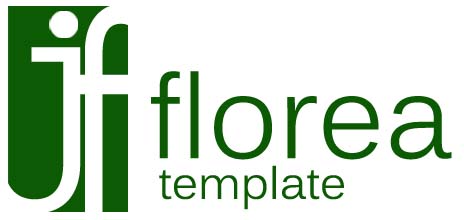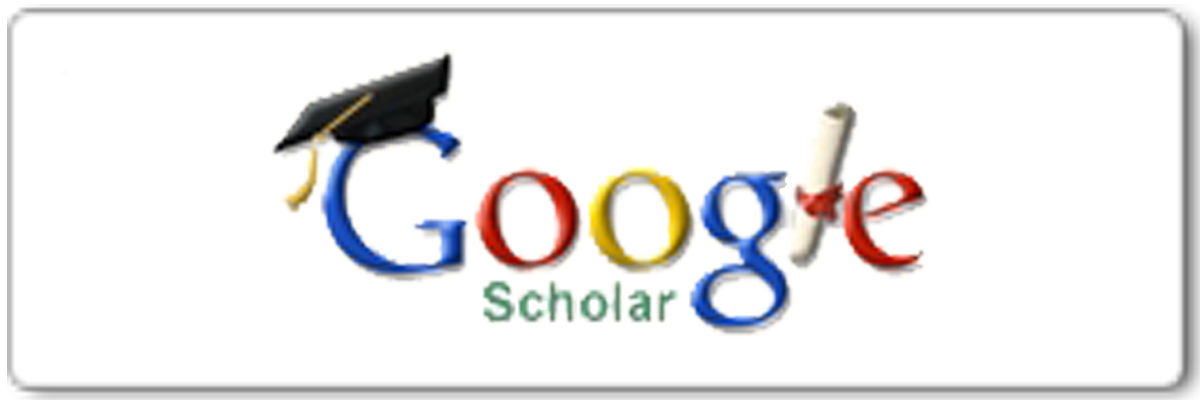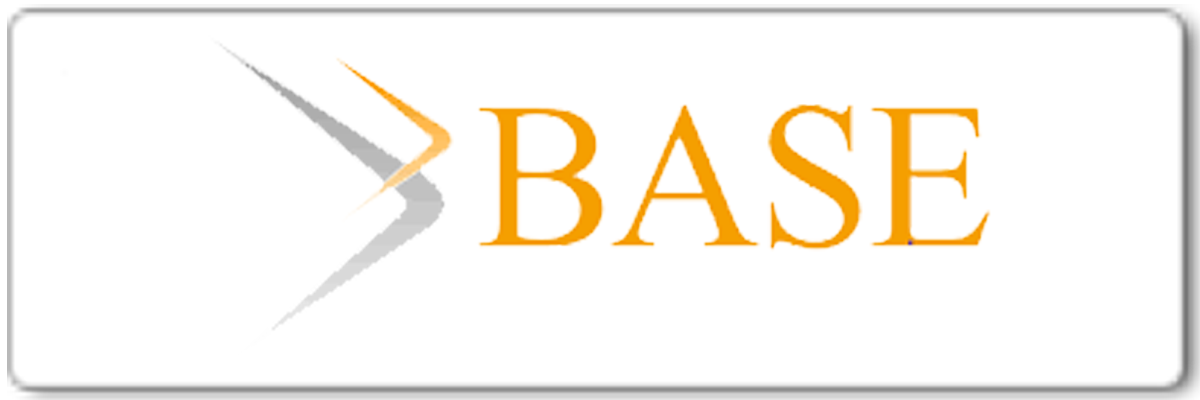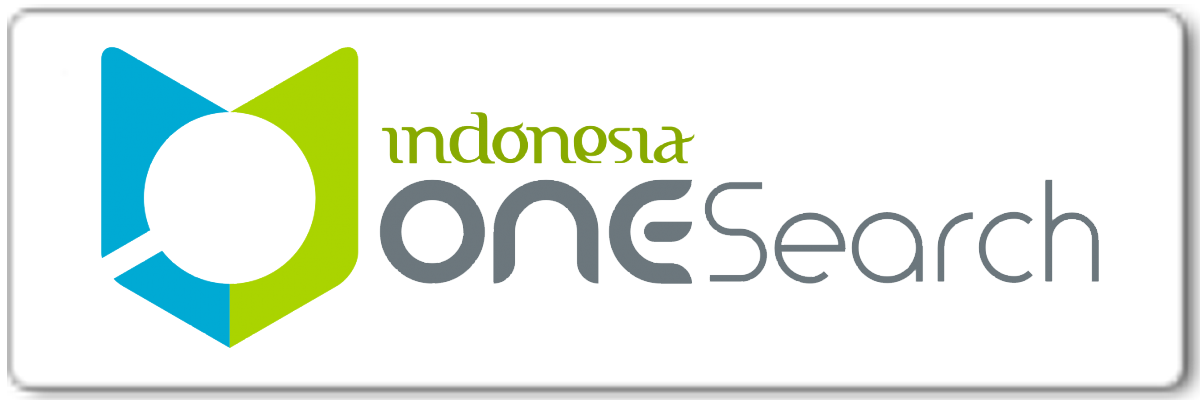REPRESENTATION OF MUTUAL TERMS AND RESEARCH SKILLS TOWARDS GRADE POINT AVERAGE: EXPLORATION STUDY
Abstract
Keywords
Full Text:
PDFReferences
Adisendjaja, Y. H., Rustaman, N. Y., Redjeki, S., & Satori, D. (2017). Science teachers’ understanding of scientific inquiry in teacher professional development. Journal of Physics: Conference Series, 812, 1-8. doi:10.1088/1742-6596/812/1/012054.
Akpan, B. (2017). Science Education: A Global Perspective. Switzerland: Springer.
Anggraeni, N., Adisendjaja, Y. H., & Amprasto, A. (2017). Profile of high school students’ understanding of scientific inquiry. Journal of Physics: Conference Series, 895, 1-5. doi:10.1088/1742-6596/895/1/012138.
Bang, L. (2018). The inquiry of the cyclops: dewey’s scientific inquiry Revisited. In K. Otrel-Cass (Ed.), Cultural, Social, and Political Perspectives in Science Education (Vol. 15, pp. 49-67). London: Springer International Publishing.
Berry, C. M. (2017). A technique for inspiring scientific inquiry using a creative scenario. The American Biology Teacher, 79(8), 671-677. doi:10.1525/ abt.2017.79.8.671.
Corebima, A. D. (2016). Pembelajaran Biologi di Indonesia Bukan untuk Hidup. Paper presented at the Biology Education Conference, Universitas Sebelas Maret (UNS), Surakarta. https://jurnal.uns. ac.id/prosbi/article/viewFile/564/5008.
Direktorat Riset dan Pengabdian Masyarakat (DRPM). (2018). Panduan Penelitian dan Pengabdian Kepada Masyarakat Edisi XII. Jakarta: Direktorat Jenderal Penguatan Riset dan Pengembangan, Kemristekdikti.
Fakhriyah, F., Masfuah, S., Roysa, M., Rusilowati, A., & Rahayu, E. S. (2017). Student’s science literacy in the aspect of content science? Jurnal Pendidikan IPA Indonesia, 6(1). doi:10.15294/ jpii.v6i1.7245.
Hanauer, D. I., Hatfull, G. F., & Jacobs-Sera, D. (2009). Active Assessment: Assessing Scientific Inquiry (Vol. 2). New York: Springer Science.
Jatmiko, B., Widodo, W., Martini, & Budiyanto, M. (2014). Buku Prototipe Kurikulum Pendidikan Sains Berorientasi KKNI. Surabaya: UNESA Press.
Kapon, S. (2016). Doing research in school: Physics inquiry in the zone of proximal development. Journal of Research in Science Teaching, 53(8), 1172-1197. doi:10.1002/tea.21325.
Kemristekdikti. (2018a). Pengembangan Iptek dan Pendidikan Tinggi di Era Revolusi Industri 4.0. Retrieved from https://www.ristekdikti.go.id/pengembangan-iptek-dan-pendidikan-tinggi-di-era-revolusi-industri-4-0/.
Kemristekti. (2018b). Presiden Jokowi: Tantangan Kita ke Depan, Revolusi Industri 4.0.
Kemenristekdikti. (2018c). Kebijakan Kemenristekdikti Menghadapi Globalisasi Pendidikan & Revolusi Industri 4.0 [Press release].
Kruit, P. M., Oostdam, R. J., Berg, E., & Schuitema, J. A. (2018). Assessing students’ ability in performing scientific inquiry: Instruments for measuring science skills in primary education. Research in Science & Technological Education, 1-27. doi:10.1080/ 02635143.2017.1421530.
Kuo, C.-Y., Wu, H.-K., Jen, T.-H., & Hsu, Y.-S. (2015). Development and validation of a multimedia-based assessment of scientific inquiry abilities. International Journal of Science Education, 37(14), 2326-2357.doi:10.1080/09500693.2015 .078521.
Lederman, J., Lederman, N., Bartels, S., Jimenez Pavez, J., Lavonen, J., Blanquet, E., Yalaki, Y. (2017). Understandings of scientific inquiry: An international collaborative investi-gation of seventh grade student. Paper presented at the ESERA 2017 Conference, Dubin City University, Irelend. https://www.researchgate.net/ publication/322603295.
Lederman, N.G., Antink, A., & Bartos, S. (2014). Nature of science, scientific inquiry, and socio-scientific issues arising from genetics: A pathway to developing a scientifically literate citizenry. Science and Education, 23(2), 285-302. doi:10.1007/s11191-012-9503 -3.
Masfingatin, T., Murtafi’ah, W., & Krisdiana, I. (2017). Pembelajaran Berbasis Riset untuk Mengembangkan Kompetensi Profesional dan Melatihkan Self Regulated Learning pada Mata Kuliah Geometri (pp. 1-50). Universitas PGRI Madiun: Direktorat Riset dan Pengabdian Masyarakat (DRPM).
Mukaka, M. M. (2012). Statistics corner: A guide to appropriate use of correlation coefficient in medical research. Malawi Medical Journal; 24(3): September, 24(3), 69-71 Retrieved from
Nowak, K. H., Nehring, A., Tiemann, R., & Belzen, U. z. A. (2013). Assessing students’ abilities in processes of scientific inquiry in biology using a paper-and-pencil test. Journal of Biological Education, 47(3), 182-188. doi:10.1080/00219266.2013. 822747.
Putra, M. I. S., Widodo, W., & Jatmiko, B. (2016). The development of guided inquiry science learning materials to improve science literacy skill of prospective MI teachers. Jurnal Pendidikan IPA Indonesia, 5(1), 83-93. doi:10.15294/jpii.v5i1.5794.
Schaub, G., Cadena, C., Bravender, P., & Kierkus, C. (2016). The Language of Information Literacy:Do Students Understand?. Allendale, Michigan: Grand Valley State University.
Subekti, H., & Martini. (2016). Representasi Pembelajaran Berbasis Penelitian pada Mata Kuliah Bioteknologi dan Salingtemas dalam Menumbuhkan Budaya Akademik di Program Studi Pendidikan IPA Unesa. Paper presented at the Seminar Nasional IPA VII Di Universitas Negeri Semarang, Semarang.
Sudira, P. (2015). Pengembangan Model “Lis-5c” pada Pendidikan Teknologi dan Kejuruan. Cakrawala Pendidikan, 34(1), 1-11. doi:10.21831/cp.v1i1.4145
Sugiono. (2013). Metode Penelitian Kuantitatif, Kualitatif, dan Kombinasi (Mixed Methods) (4ed. ed.). Bandung: Alfabeta.
Suwono, H., Pratiwi, H. E., Susanto, H., & Susilo, H. (2017). Enhancement of Students’ Biological Literacy and Critical Thinking of Biology Through Socio-Biological Case-Based Learning. Jurnal Pendidikan IPA Indonesia, 6(2), (213-220. doi:DOI: 10.15294/jpii.v6i2. 9622.
Widodo, W. (2016). Literasi Sains Mahasiswa Calon Guru IPA Berdasarkan Permintaan Kognitf (Cognitive Demand) Pisa:Bagaimana Langkah Selanjutnya? Paper presented at the Seminar Nasional Pendidikan IPA VII, FMIPA UNESA
Yang, W., & Liu, E. (2016). Development and validation of an instrument for evaluating inquiry-based tasks in science textbooks. International Journal of Science Education, 38(18), 1-25. doi:10.1080/09500693.2016. 1258499.
Yeh, Y.-F., Jen, T.-H., & Hsu, Y.-S. (2012). Major strands in scientific inquiry through cluster analysis of research abstracts. International Journal of Science Education, 34(18), 2811-2842. doi:10.1080/09500693.2012.663513
Article Metrics
Abstract has been read : 791 timesPDF file viewed/downloaded: 0 times
DOI: http://doi.org/10.25273/florea.v5i1.2500
Refbacks
- There are currently no refbacks.
Copyright (c) 2018 Florea : Jurnal Biologi dan Pembelajarannya

This work is licensed under a Creative Commons Attribution-ShareAlike 4.0 International License.
Florea: Jurnal Biologi dan Pembelajarannya indexed by:

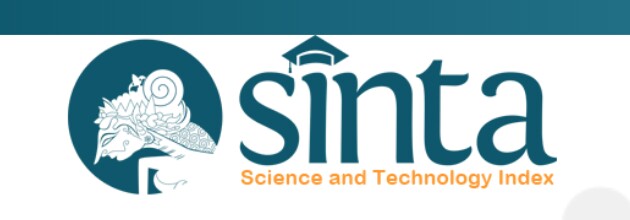
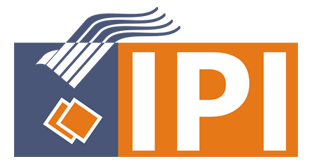
Copyright Florea: Jurnal Biologi & Pembelajarannya
View Florea Stats
